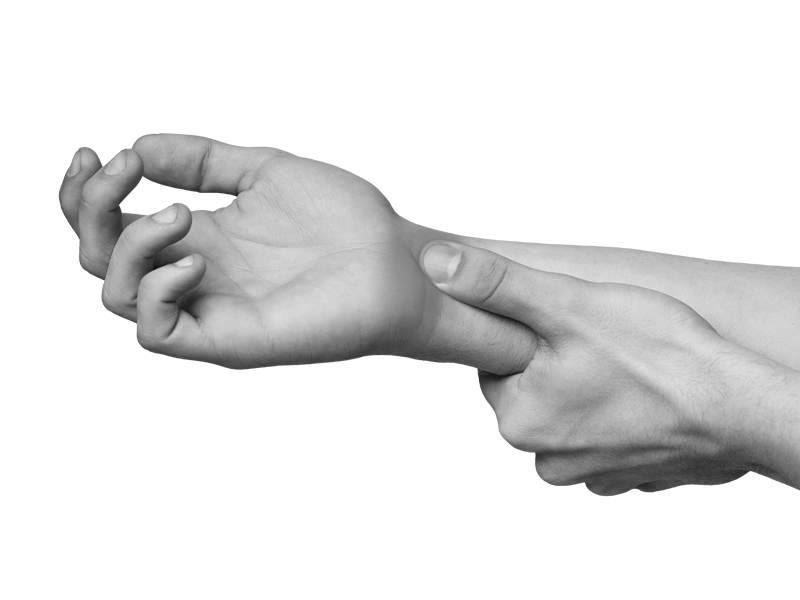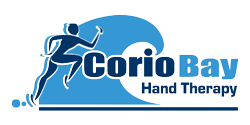What is Carpal Tunnel Syndrome?
Carpal tunnel syndrome refers to the symptoms of numbness or pins and needles in the thumb, index, middle and half of your ring finger. This condition is very common where a nerve that runs through the middle of your wrist on the palm side gets compressed. Carpal tunnel syndrome varies from mild tingling in the fingers to constant burning sensation and complete numbness.
This condition can come on at any time in life. But, it is more common to occur in pregnancy, after an injury, relating to your work or occupation or being associated with your hobbies.
Carpal Tunnel Symptoms
Common things that point to carpal tunnel syndrome are the following symptoms
- Tingling, numbness or pins and needles in the thumb, index, middle ad part of the ring finger
- Numbness at night leading to waking
- Difficulty holding objects, particularly with a pinch, leading to dropped things.
How will your hand therapist know if you have carpal tunnel syndrome?
At Corio Bay Hand Therapy, your experienced hand therapist will spend time learning about your symptoms. Then they will perform a thorough examination of your hands this involves the following:
- Looking at your hands for any changes in muscle bulk
- Assessing your grip and pinch strength
- Assessing your sensation
Could it be something else?
Numbness of the thumb, index, middle and ring finger can occur from compression of the same nerve that runs through the carpal tunnel, the median nerve, anywhere along it’s journey from the spine down to the hand.
Corio Bay Hand Therapists are experienced with years of training in determining the cause of your symptoms. There may be the need for additional tests to investigate and these include:
- Medical imaging
- Nerve conduction studies

How do we treat carpal tunnel syndrome?
Because carpal tunnel syndrome is so common, we are excellent at fixing this problem and getting you back to doing what you love!
Typical treatment for Carpal Tunnel Syndrome includes:
- A custom wrist splint or fitted prefabricated brace that holds the wrist in a straight position
- Soft tissue massage of the surrounding structures if you have tight muscles
- Education around the causes of your symptoms and how to prevent it in the future
- Ergonomic evaluation and set up, including workplace assessments…….
- Referral to the best surgeons if surgery is indicated.
On average, people are completely symptom free in 2-4 weeks with a few weeks of rehab to prevent the symptoms returning.
